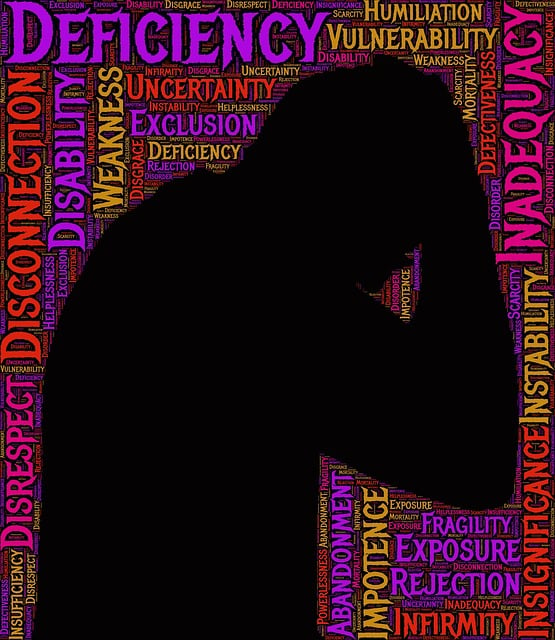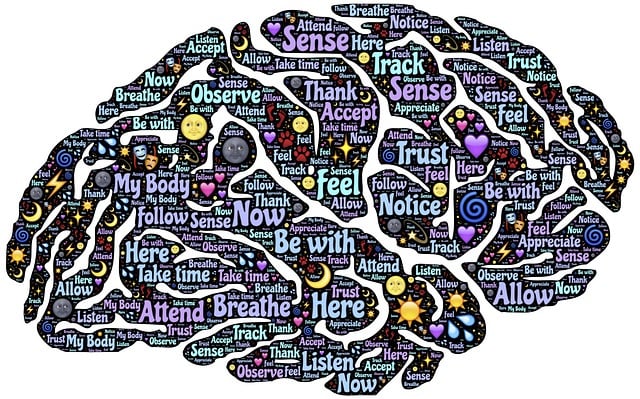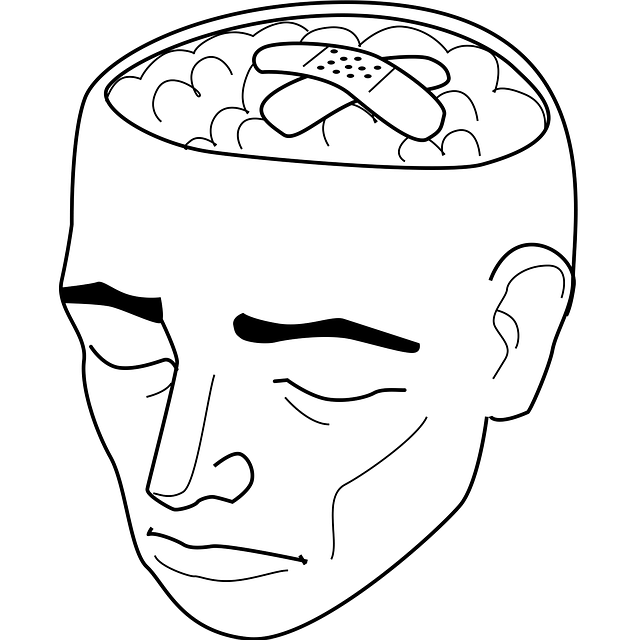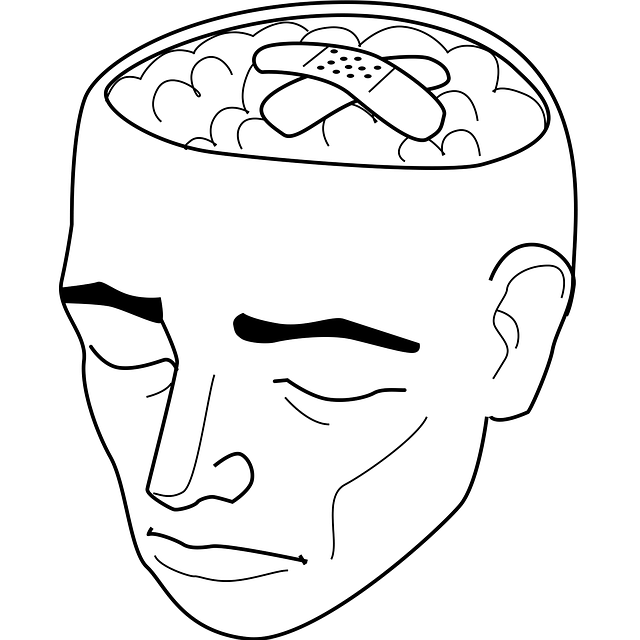Mental health challenges among young adults are rising, with anxiety, depression, and stress-related disorders on the increase due to academic pressures and social media influences. Access to affordable therapy is limited by cost, stigma, or lack of awareness. A comprehensive approach including empathy building, self-awareness exercises, mindfulness practices, conflict resolution techniques, and public awareness campaigns centered on mindfulness can help. Effective programs combining therapy for young adults mindfulness have shown improved emotional management, with creative designs and integrated mental health policy advocacy driving systemic change. Measuring success involves tracking behavioral changes and emotional regulation improvements through surveys and feedback mechanisms.
Public awareness campaigns play a pivotal role in addressing mental health challenges, especially among young adults. This article delves into three crucial aspects: understanding the unique mental health issues faced by young adults, designing engaging mindfulness campaigns that promote well-being, and implementing strategies to measure the impact of these initiatives. By exploring these areas, we aim to enhance access to therapy for young adults through mindfulness practices, fostering a healthier society.
- Understanding Young Adult Mental Health Challenges
- Designing Effective Mindfulness Campaigns
- Implementing and Measuring Impact of Public Awareness Initiatives
Understanding Young Adult Mental Health Challenges

Mental health challenges among young adults have become an increasingly significant concern in today’s society. This demographic often faces unique pressures, from academic expectations to social media influences and the transition into adulthood. Understanding their struggles involves recognizing that many young adults grapple with anxiety, depression, and stress-related disorders. These issues can be exacerbated by the lack of access to appropriate therapy for young adults, which is often a barrier due to cost, stigma, or simply not knowing where to turn.
Promoting mental well-being in this age group requires a multi-faceted approach. Empathy building strategies and self-awareness exercises can help foster open conversations about mental health. By encouraging self-reflection and mindfulness practices, young adults can develop healthier coping mechanisms. Additionally, teaching conflict resolution techniques empowers them to navigate interpersonal challenges with resilience, reducing the risk of prolonged stress and negative mental health outcomes.
Designing Effective Mindfulness Campaigns

Public awareness campaigns focused on mindfulness offer a promising approach to enhancing mental well-being, particularly among young adults. These campaigns can play a pivotal role in destigmatizing mental health issues and encouraging early intervention. By incorporating techniques like meditation, breathing exercises, and self-awareness practices, they promote a sense of calm and resilience. For instance, therapy for young adults mindfulness programs have shown effectiveness in improving emotional regulation skills, which are crucial for navigating the challenges of adolescence.
Designing such campaigns requires a nuanced understanding of the target audience’s needs. Incorporating creative elements like engaging visuals, relatable narratives, and interactive Self-Awareness Exercises can make these initiatives more accessible and appealing. Moreover, integrating Mental Health Policy Analysis and Advocacy into campaign messaging can drive systemic change, ensuring better access to mental health resources. Social Skills Training modules within these campaigns also contribute to building supportive communities, fostering a culture of open dialogue about mental wellness.
Implementing and Measuring Impact of Public Awareness Initiatives

Implementing effective public awareness campaigns requires a strategic approach to ensure their impact. One key aspect is integrating therapy for young adults and mindfulness practices into the narrative, as this can significantly enhance emotional resilience and overall well-being among the target demographic. By promoting mindfulness, these initiatives aim to boost confidence and teach young adults valuable mind over matter principles for navigating life’s challenges.
Measuring success involves tracking behavioral changes and emotional regulation improvements within the community. Well-designed surveys and feedback mechanisms can gather insights into how awareness campaigns influence individuals’ attitudes and actions. For instance, increased participation in mindfulness workshops or a rise in open conversations about mental health among young adults could serve as compelling metrics demonstrating the initiatives’ effectiveness.
Public awareness campaigns play a pivotal role in addressing mental health challenges among young adults. By understanding their unique struggles, designing targeted mindfulness initiatives, and effectively measuring impact, we can foster a culture that prioritizes therapy for young adults. These efforts ensure that resources are allocated wisely, ultimately enhancing the well-being of our society’s future leaders.









